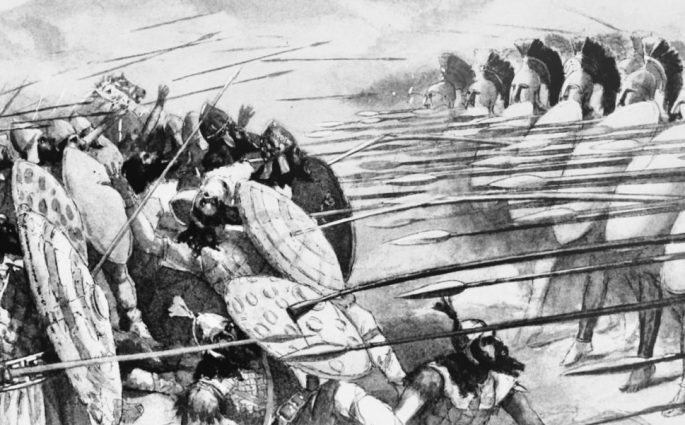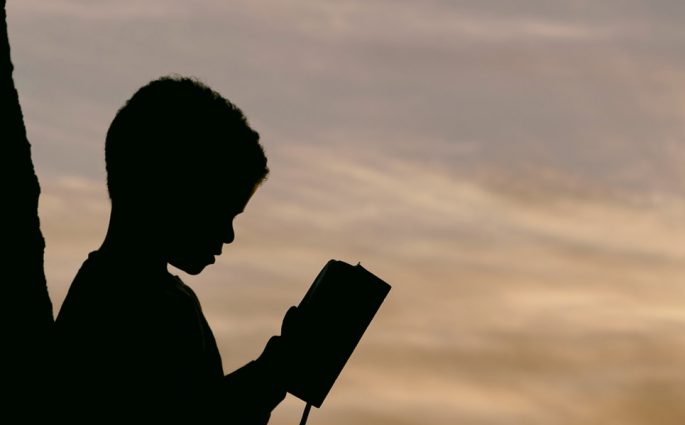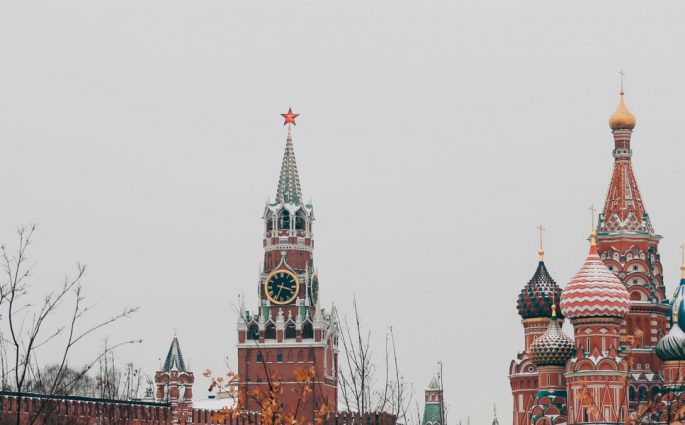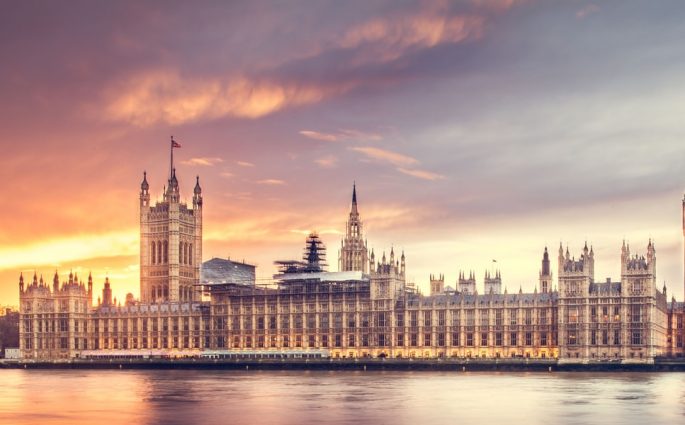Political Correctness: Are the Kids on Campus Alright?
Michael S. Roth— Over the last month, I’ve been talking with reporters, podcasters, and pundits about the quality of campus culture in the US today. I was surprised when one reporter asked, almost plaintively, “President Roth, are the kids alright?” He had been reading various reports of free speech crises,










